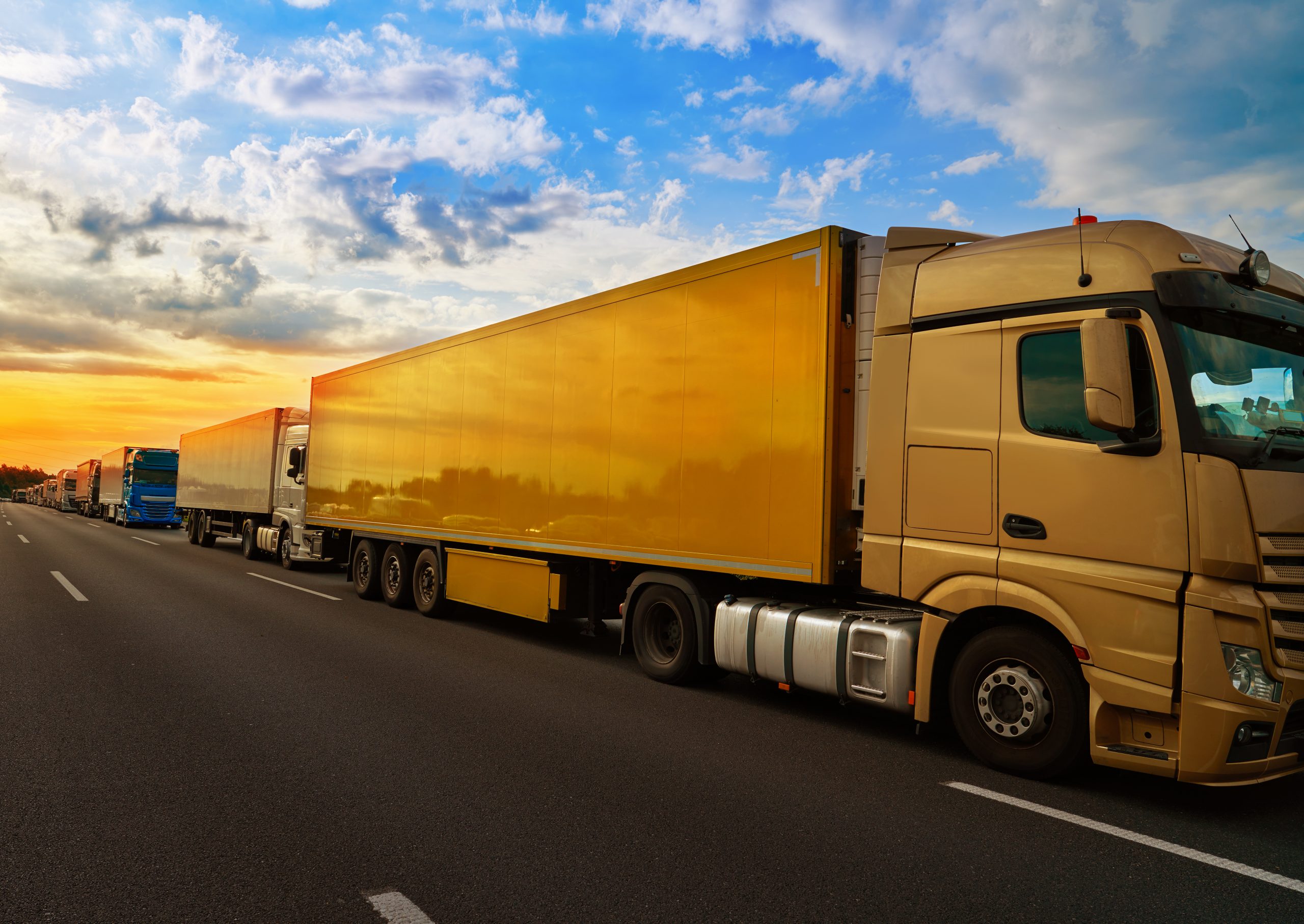Introduction:
In today's fast-paced and interconnected world, transportation plays a crucial role in ensuring the smooth flow of goods, people, and information. As cities expand and businesses go global, the need for efficient and reliable transportation services has never been greater. Whether it's moving goods across borders or commuting within a city, transportation is the backbone of modern society. In this article, we will explore the importance of transportation services, the latest trends in the industry, and how businesses can optimize their operations to meet the demands of the ever-changing landscape.
The Importance of Transportation:
Transportation is the lifeblood of economies, facilitating trade, connecting communities, and enabling growth. Efficient transportation networks create opportunities for businesses, enabling them to reach new markets and customers. Moreover, it enhances the overall quality of life for individuals by providing access to essential services, education, and employment opportunities.
Discover regulatory guidelines and updates with Transport Canada. Stay informed on transportation safety and policies.
In today's globalized world, transportation has become more than just moving goods and people from one point to another. It has evolved into a complex system of logistics and supply chain management, encompassing various modes such as air, sea, rail, and road. The integration of technology has also revolutionized the industry, making it more agile and responsive to market demands.
The Evolution of Transportation Services:
Over the years, transportation services have experienced significant advancements, driven by innovation and changing consumer expectations. One notable trend is the rise of sustainable transportation solutions. As environmental concerns grow, businesses are increasingly adopting eco-friendly practices to reduce their carbon footprint. This has led to the development of electric and hybrid vehicles, as well as the implementation of green logistics practices to promote environmental stewardship.
Moreover, the digital revolution has transformed the transportation landscape. Smart technologies, such as GPS tracking systems, real-time data analytics, and autonomous vehicles, have streamlined operations, improved safety, and optimized route planning. Additionally, the emergence of ridesharing and e-hailing services has disrupted traditional transportation models, offering more convenient and flexible options to commuters.
Enhancing Efficiency and Accessibility:
In an age where time is of the essence, transportation service providers are continually seeking ways to enhance efficiency and accessibility. Advanced route optimization algorithms are utilized to minimize delivery times and fuel consumption, while ensuring goods are delivered at the right place and time. This not only reduces operational costs but also improves customer satisfaction.

Accessibility is another critical aspect, especially for public transportation. Cities are investing in modernizing their public transit systems to cater to the needs of their residents. This includes the integration of contactless payment systems, real-time tracking apps, and last-mile connectivity options like bike-sharing or micro-mobility services.
The Role of Technology in Transportation:
Technology continues to be a game-changer in the transportation industry. Internet of Things (IoT) devices are revolutionizing fleet management, enabling companies to monitor vehicle health, driver behavior, and fuel efficiency in real-time. This data-driven approach not only ensures the safety of goods and passengers but also improves overall performance.
Artificial Intelligence (AI) is also making waves in transportation services. Machine learning algorithms are being employed to predict traffic patterns, identify maintenance issues, and optimize logistics operations. Additionally, AI-powered chatbots and customer support systems offer immediate assistance to clients, enhancing their experience with transportation companies.
Meeting the Challenges Ahead:
While the future of transportation services looks promising, there are challenges that must be addressed. One such challenge is urban congestion, which results in increased travel times, environmental pollution, and economic losses. Governments and transportation providers must collaborate to develop innovative solutions, such as congestion pricing, public transit expansions, and promoting alternative transportation modes.
Another concern is cybersecurity. As transportation becomes increasingly reliant on interconnected technologies, the risk of cyber-attacks grows. To protect sensitive data and ensure the safety of passengers and cargo, robust cybersecurity measures must be implemented.
Conclusion:
In conclusion, transportation services are the backbone of our modern society, driving economic growth and improving the quality of life. From embracing sustainable practices to harnessing the power of technology, the industry is constantly evolving to meet the demands of a connected world. By prioritizing efficiency, accessibility, and innovation, transportation service providers can navigate the challenges ahead and unlock the full potential of this essential sector. As we look towards the future, it is crucial to work together and create a transportation system that is not only efficient but also sustainable and inclusive for all.






